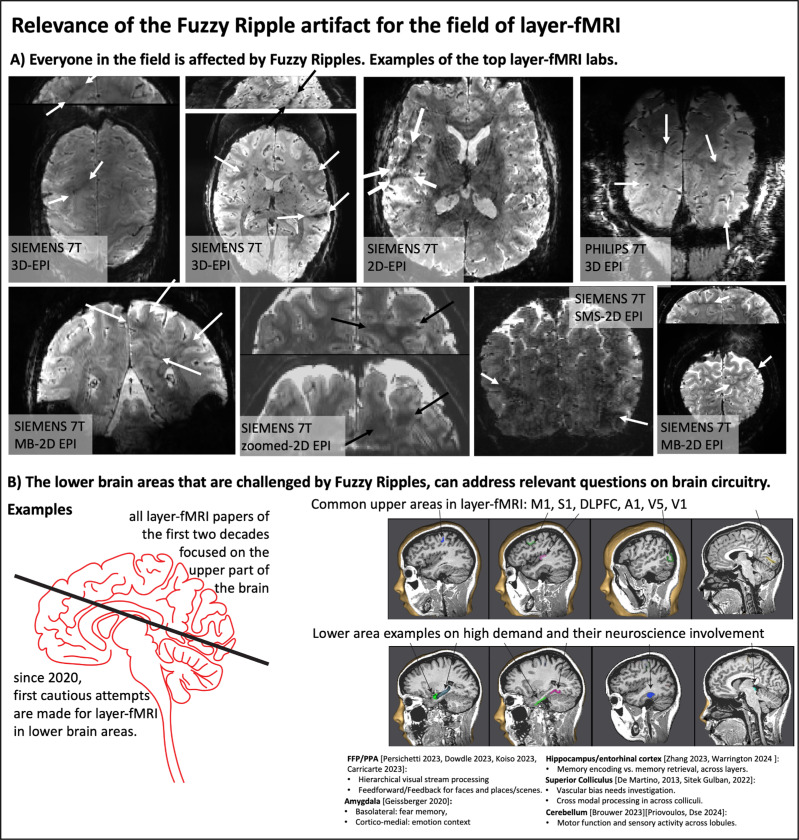Fig 2: Fuzzy Ripples and their impact on layer-fMRI research Panel.
A). The widespread effect of fuzzy ripples:
Representative EPI images from among top 10 layer-fMRI labs (based on number of publications on www.layerfmri.com/papers): Maastricht, Nijmegen/Essen, CMRR, NIH, MGH, Amsterdam, Leipzig, Cambridge. Note Utrecht/Tübingen are excluded, as despite being among the top 10 layer-fMRI labs, none of their papers include publicly available layer-fMRI EPI data.
Panel B). The Necessity of High-Resolution fMRI in Lower Brain Areas.
High-resolution fMRI in lower brain areas is crucial for addressing key open questions about human brain circuitry. While most layer-fMRI studies have focused on upper brain regions, lower brain areas are equally important for fundamental neuroscience research. Examples of relevant research topics include: feedforward vs. feedback processing in layers of ventral cortical areas like the FFA/PPA, differential processing in mesoscale subnuclei of the amygdala, laminar differentiation of memory encoding and retrieval in the hippocampus and entorhinal cortex, multi-modal sensory integration across the colliculi, and mesoscale representations of body parts in the fine-scale lobules of the cerebellum. The underlay images in Fig. 2 were generated using the Brain Tutor app for Android by Brain Innovations (Rainer Goebel).

